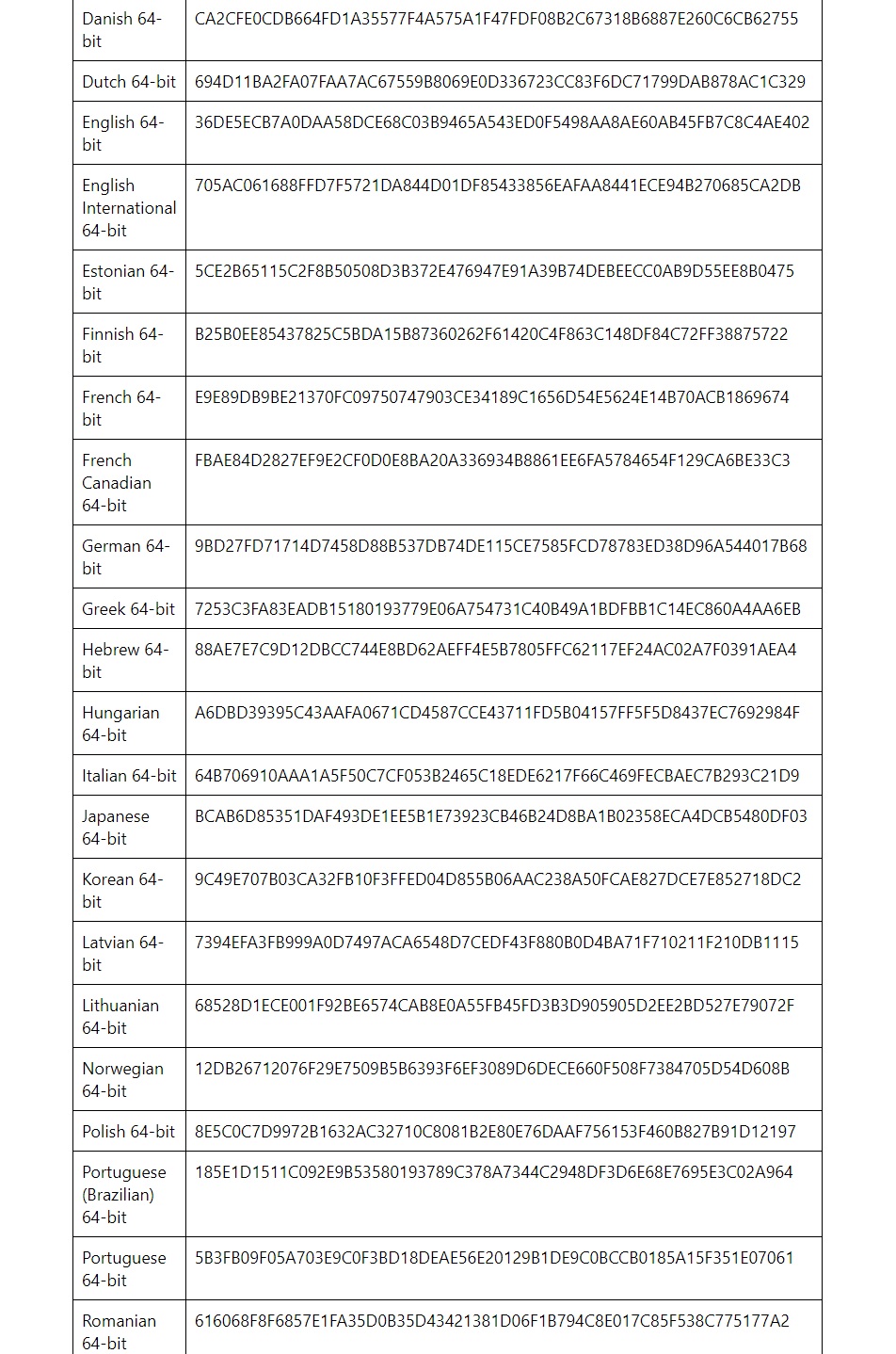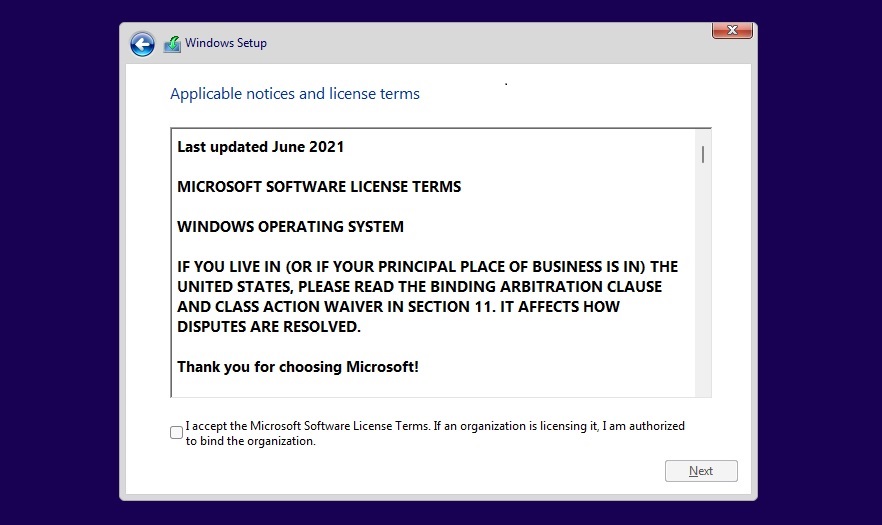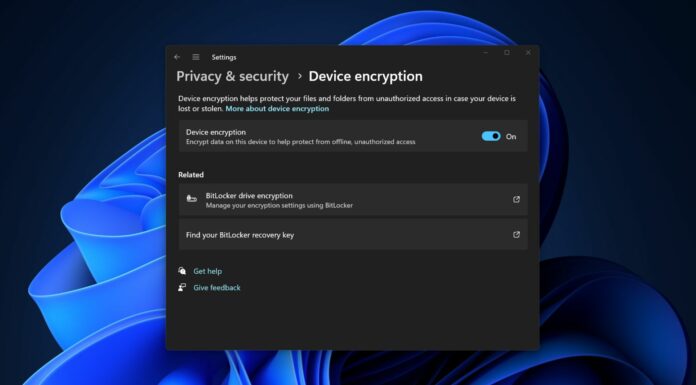Windows 11 23H2 ISO images can be downloaded by heading to the Microsoft downloads portal, clicking “Download now” under the ISO section, and selecting the edition you want to run on your PC.
Windows 11 ISO size is 6.24GB and contains Build 22631.2428 (version 23H2) of the operating system. The new operating system, available in editions like Home, Pro and Enterprise, requires 64-bit processors, so the ISO file is not offered in the 32-bit version.
Windows 11 version 23H2, or the Windows 11 2023 Update, started rolling out on October 31, but the availability depends on your location. If you can’t wait for the free upgrade notification on Windows Update, download ISOs of Windows 11 version 23H2 to update your devices immediately or perform a clean install.
To download the ISO file for Windows 11 version 23H2, you’ve two options – create a media installation image using the Media Creation Tool or download the file from Microsoft’s website.
Direct download Windows 11 ISO files from Microsoft
If you need the installation media immediately, follow the guide to get direct download links or use these official links:
The above link has been generated using Microsoft’s website and will expire automatically after 24 hours. If you’ve downloaded the media image from another source, you can verify the authenticity of your download by following these steps:
- Open Windows PowerShell.
- Use PowerShell command Get-FileHash to compute the hash value for the file.
- In this case, use the command Get-FileHash C:\Users\username\Downloads\Win11_23H2_English_x64.ISO
If the SHA256 value matches the below table, you can go ahead with the installation.

Note that the above file includes support for all editions of Windows. This includes Pro, Home, Enterprise, Workstation, Education, etc.
In this guide, we’ll highlight step-by-step instructions to generate direct download links for Windows 11 ISO files and apply the upgrade manually.
How to download Windows 11 23H2 ISO
To download Windows 11 2023 Update ISO, use these steps:
- Open Microsoft’s download page and locate the “Download Windows 11 Disk Image (ISO)” section.

- Select “Windows 11 (multi-edition ISO for x64 devices)” from the dropdown menu, and click “Download“. Select the preferred language.
- If you’re planning to upgrade the existing hardware, make sure that you verify the configuration by visiting Settings > System > About. Click on 64-bit download to begin the process.
What is the size of the update?
The size of the ISO file is 6.2GB, but it could be slightly higher depending on the language pack you select.
Windows 11 2023 Update is less than 500 MB if installed using Windows Update.
How to install Windows 11 23H2 using ISO
To install Windows 11 23H2 “Windows 11 2023 Update” using an ISO file or installation media, use these steps:
- Right-click Win11_23H2_English_x64.iso and click Mount.

- Open File Explorer, locate the drive containing the media image, and open setup.exe.

- Click Yes if Windows ask for administrator permission. Under the “Install Windows 11” screen, click on “Next“. You can uncheck the “I want to help make the installation better” option.

- On the next screen, you can install any important updates before upgrading and click Next. Once done, click “Accept” to accent the end user license agreement to install the update.

- Under the “ready to install” screen, select the option that lets you keep the personal files and apps. Once you made the selection, click Install.

Windows will check for updates multiple times to reduce compatibility issues. You can turn off the internet connection and rerun the setup if you don’t want to check for updates during the setup.
This step is beneficial when you have a limited or slow internet connection.
How to perform a clean install of Windows
Doing a clean install of the operating system isn’t the same as performing the upgrade via Windows Update or setup.exe of the media image.
This method is beneficial if you’ve upgraded to Windows 11 via Windows Update and the computer is experiencing slowdowns or design glitches.
To start, you will need access to an 8GB or larger USB flash drive. Once done, follow these steps:
- Download and run the Windows 11 installation tool from Microsoft.

- Allow the setup to prepare your device and create installation media for another PC. Under “Choose which media to use”, select USB flash drive.

- You can now click “Next” button, and select your flash drive. Select “Finish” to start the download process of Windows 11 and create the USB installation drive.
Once done, boot your PC from the USB drive. The boot menu keyboard shortcut depends on the device’s manufacturer, but you can try pressing ‘F2’, ‘F12’, or ‘Delete’ after turning on the PC.
When you see the blue screen with the installation window, the rest of the process is relatively straightforward. Essentially, you’ll choose the partition, language, and operating system edition, and Microsoft will do the rest.
To clean install Windows 11, use these steps:
- Boot using the USB flash drive. On the blue screen, select “Install now“.

- Select your language (it should be selected automatically). Click Next.

- Select “I don’t have a product key” and click Next. Windows will be activated actually as the license is generally linked to the Microsoft account.

- Accept the license agreement and select Next.

- Select Custom Install and choose the installation partition.

- On the next screen, select the edition of Windows. In our case, we’ve selected Windows 11 Pro.
- Click Next, and Windows installer will begin copying files and it will boot to the OOBE screen. In the OOBE screen, select your country or region.
- Enter the name for your PC and click Next

- Sign in with your Microsoft account. If you’re not connected to the internet, you may not be able to install Windows 11 Home. In the case of Windows 11 Pro or Enterprise, it is possible to create a local account directly from the OOBE screen

- On the next screen, create a PIN.

- Select your interests. For example, if you plan to use the PC for gaming or schoolwork, select those options. This will allow Microsoft to customize the Store and tips experience for you.

- Review privacy settings and enable/disable the options, and click Next.

- Set up OneDrive. If you don’t want to use OneDrive, select Only store files on this device option.
If you’ve followed the steps correctly, you should see the desktop and a new Start Menu of Windows 11.
Bypass “This PC can’t run Windows 11” error during 23H2 installation

Windows 11 shares a lot in common with Windows 10. It’s essentially Windows 10 with a new skin, but it comes with new system requirements which are stricter than any previous version of Windows.
There’s been a lot of controversy around the system requirements, and Microsoft has confirmed that it will block the upgrade on unsupported PCs.
Microsoft’s reasons for strict hardware requirements are unclear, but the company claims that TPM 2.0 and new CPUs from AMD and Intel are required for better security and performance, respectively.
For example, the TPM 2.0 requirement unlocks new opportunities for anti-cheat systems. Valorant’s Riot Games have already started enforcing TPM 2.0 on Windows 11. On the other hand, newer CPUs ensure fewer Blue Screen of Death errors and better performance, according to Microsoft officials.
If you still want to install Windows 11, there is a solution.
An open-source GitHub project called ‘Skip_TPM_Check_on_Dynamic_Update.cmd,’ a script allowing users to download Windows 11 if their system doesn’t have a TPM 2.0.
The script can also ignore the other requirements, which could result in stability issues, and Microsoft may disable Windows Updates on your device. Just because you can deploy the operating system doesn’t mean your PC will be considered eligible for future updates.
In the tool, you have to choose the version of Windows you want to download and click on “Create ISO”. The Media Creation Tool will begin checking for updates and start downloading Windows 11.
Once done, follow the onscreen instructions to install Windows 11.






































